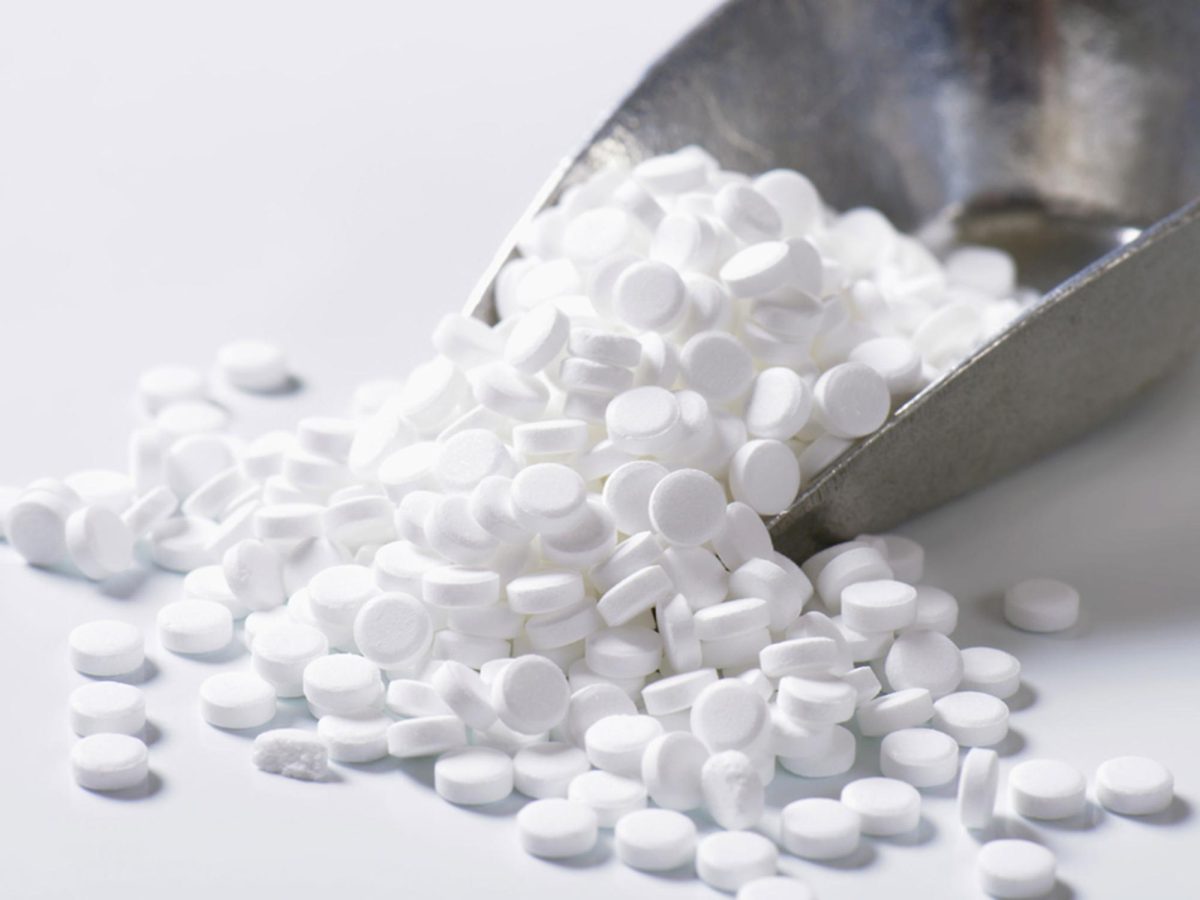In today’s world, it is well-known that most of our favorite foods are processed and are composed of additives and preservatives. Most of the public believes that while these additives and preservatives are unhealthy, they do not pose a health concern to them. However, further research has concluded otherwise. These ingredients have such long names that it’s impossible to pick them out of a list. Due to a lack of education, many consumers aren’t aware that these ingredients are put in our foods. Bisphenol A, artificial trans fat, polycyclic aromatic hydrocarbons, coumarin, added sugars, and mercury are all ingredients that pose a health-risk to many consumers and are not discussed enough.
Bisphenol A
Bisphenol A, known as BPA, is commonly found in plastic storage containers. Due to direct contact with foods and beverages, the risk associated with BPA is due to the chance of the chemical leaking into our food when stored in these containers. Studies have shown that exposure to BPA has a range of effects on consumers. According to MayoClinic.Org, exposure to BPA is a contributing factor to possible health effects on the brain and prostate gland in fetuses, infants, and children. Additionally, exposure to BPA can cause increased blood pressure, type 2 diabetes, and cardiovascular disease. If this isn’t enough evidence of the severity of these side effects, studies from Environmental Health News state that 90% of people have consumed BPA in their life. The question the readers might be asking is, “How can I avoid BPA if exposure is very common?”. While almost everyone has been exposed to BPA in their lifetime, there are steps you can take to manage and avoid consumption of BPA. According to the National Institute of Environmental Health Sciences, consumers can avoid this chemical by reducing use of canned foods, not heating polycarbonate plastic food containers, and opting for glass or steel containers to store food when possible. Utilizing other knowledge about BPA avoidance and advising to health procedures can also be useful in avoiding BPA.
Artificial Trans Fats
Artificial trans fats are used to turn unsaturated oils such as soybean and corn oils into solid fats. Out of all the fats, trans fats are the worst fats to be found in foods. According to MedicinePlus.org, the health risks associated with artificial trans fats are heart disease, increased chance of stroke, and inflammation. Due to these health risks, artificial trans fats were banned in the US in January of 2020. Although the use of artificial trans fats in production of food has greatly decreased, there are a few steps that consumers can take such as checking the amount of trans fats in packaged foods, asking what oils are used when restaurants serve fried foods, and making mindful, healthy choices when deciding what to consume.
Polycyclic Aromatic Hydrocarbons
Polycyclic aromatic hydrocarbons, known as PAHs, are considered a food pollutant that often pollutes organic foods and cooked meats. PAHs are often found in smoked or grilled meats, but can also be found in processed, pre-packaged meats. PAH is formed when fat undergoes the chemical process of cooking, which then seeps into meat products. According to the Agency for Toxic Substances and Disease Registry, the health risks associated with the consumption of PAHs are lung, skin, bladder, and gastrointestinal cancer. While preventing PAHs from polluting food is challenging, it is possible. According to the Agency for Toxic Substances and Disease Registry, some preventative measures to avoid PAH exposure are to avoid inhaling smoke, wearing gloves when working with cooking oils, and avoiding outdoor burning practices. Following these preventative measures can not guarantee a consumer is free from PAH, but can help limit exposure and overall health.
Coumarin in Cinnamon
Coumarin is a toxic compound that is typically found in grocery-store cinnamon. However, Coumarin can also be found in chewing gum, alcoholic beverages, certain mixes of caramel, and deserts that contain store-bought cinnamon. Coumarin is said to be toxic when consumed in high amounts. According to the European Food Safety Authority, the recommended daily intake for coumarin is 0-0.1mg/kg of body weight. According to the National Library of Medicine, the health effects of excess consumption of coumarin have been associated with liver cancer and lung cancer. Studies from the National Library of Medicine suggest consumers avoid store bought cinnamon, and avoid baked goods and other products with superfluous cinnamon.
Added Sugars
Sugar is known to be one of the most harmful “wasted” calories ever put in foods. Unfortunately, added sugars, which are mainly artificial sugars, are found in almost all processed foods. Artificial sugars like fructose are linked with many many health issues including- obesity, type 2 diabetes, metabolic syndrome, fatty liver disease, and cancer. According to Gundersenhealth.org, consumers can avoid added and artificial sugars by looking at the ingredients list, making good choices, changing buying habits, and the utilization of natural sugars like the ones in fruit or zero-calorie sweeteners such as stevia or Splenda.
Mercury
Mercury is a toxin that often accumulates in bodies of water. When found in fish, it poses multiple health risks to consumers. Fish, especially bigger fish, are a main source of mercury. According to Rhode Island Department of Health, any fish such as sharks, striped bass, swordfish, tilefish, tuna, bluefish, chilean sea bass, eel, king mackerel, marlin, orange roughy, and sea lamprey are all fish that contain high levels of mercury and should be avoided. According to Pubmed central, the health risks associated with mercury are damage to the brain and nerves of children, interrupting the nervous system development in newborns, and damaging the neurons of pregnant women. The most effective way to avoid mercury while still absorbing the vital nutrients of seafood is to eat seafood with reduced levels of mercury. For instance, seafood such as salmon, crab, and cod all have essential proteins and omega 3 fatty acids without the risk of mercury exposure and poisoning.
In today’s society, the over industrialization of consumer based services and foods has allowed for the use of questionable ingredients that cause health issues. Due to the lack of regulation, these 6 substances continue to circulate in the production of our favorite foods. In many cases, the consumers do not even realize that the 6 chemicals of BPA, artificial trans fats, polycyclic aromatic hydrocarbons, coumarin, added sugars, and mercury pose great health risks when exposed or consumed in some of our favorite foods. Therefore, consumers should be mindful of the potentially harmful ingredients while still enjoying their favorite foods.







